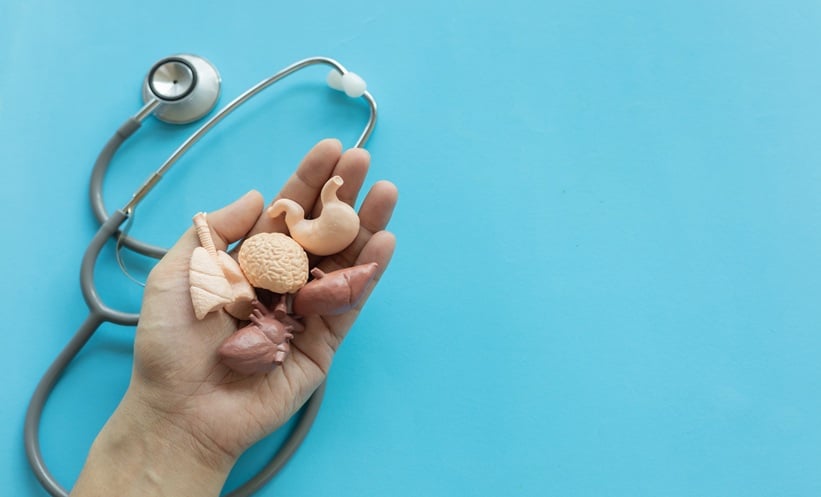DONOR-DERIVED infections are a significant concern for heart and lung transplant recipients, with established and emerging pathogens creating complex challenges for post-transplant care, according to new research.
Heart and lung transplantation remain critical interventions for patients with end-stage disease, yet the very nature of these organs predisposes recipients to unique infectious risks. Lungs are transplanted with an intact microbiome and constant exposure to the external environment, providing an avenue for a wide spectrum of pathogens to establish infection. These range from multidrug resistant bacteria and respiratory viruses such as SARS-CoV-2 to molds and mycobacterial infections, including both tuberculous and nontuberculous species. Increasing attention is also being directed toward less familiar organisms such as mollicutes, which are emerging as relevant pathogens in this setting.
By contrast, the heart is the only transplanted organ that functions as a muscle in direct contact with the bloodstream. This anatomical and physiological distinction contributes to the risk of donor-derived conditions such as infective endocarditis, toxoplasmosis, and Chagas disease. Each of these infections carries potentially severe outcomes, underscoring the need for heightened vigilance in screening, prevention, and timely management.
The study emphasizes that donor-derived infections are not rare complications but anticipated risks that require proactive clinical strategies. Advances in microbiologic diagnostics, antimicrobial stewardship, and transplant protocols will be essential to reduce morbidity and improve long-term outcomes in these vulnerable patients. Clinicians caring for transplant recipients should remain aware of both well-characterized and emerging pathogens, tailoring their monitoring and therapeutic approaches accordingly.
Ultimately, the findings highlight that the success of heart and lung transplantation is not solely dependent on surgical outcomes but equally on ongoing efforts to mitigate infectious threats that accompany donor organ transfer.
Reference: Gardiner BJ, Ison MG. Donor-derived infections in heart and lung transplant recipients. JHLT Open. 2025;10100376.








